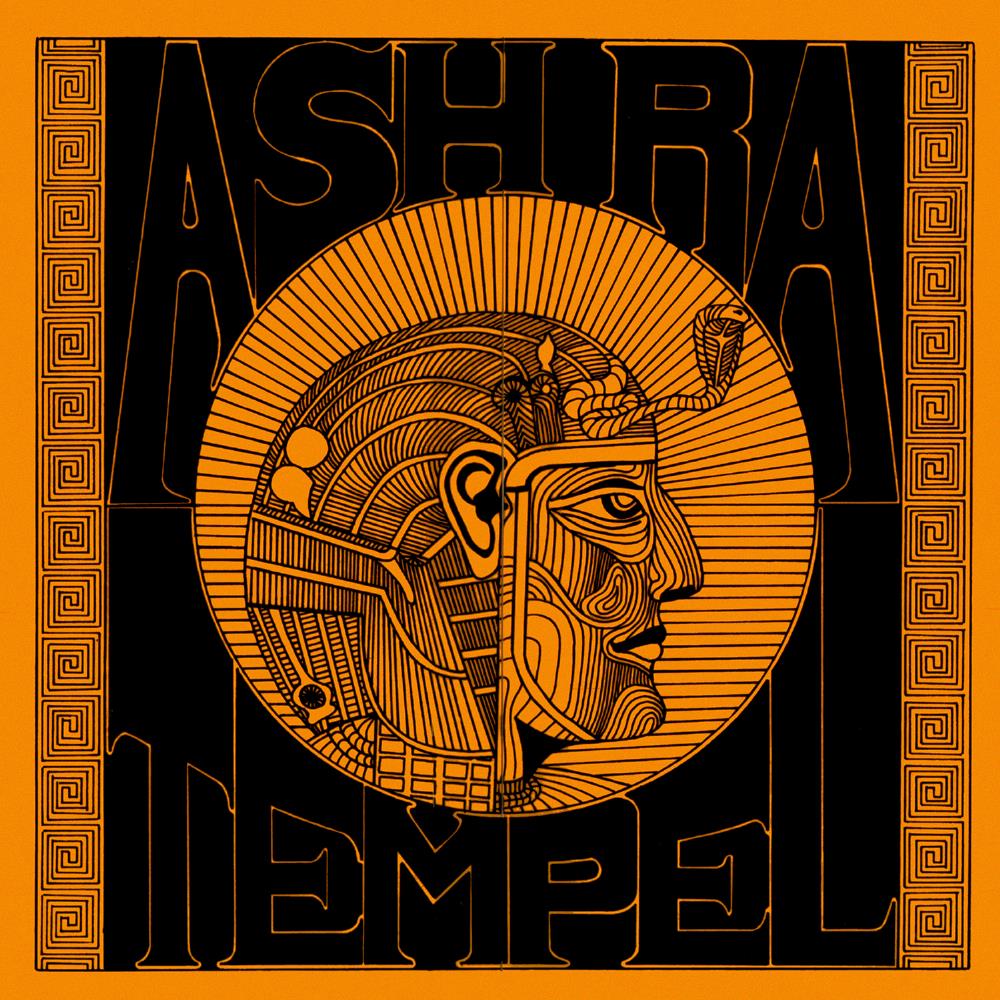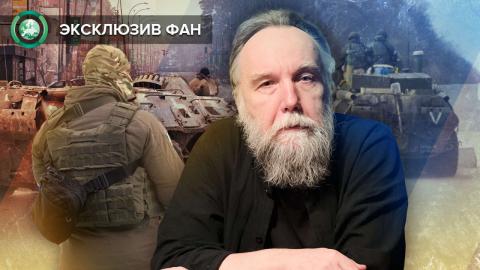UK defence secretary Ben Wallace has warned that having failed in his main objectives, Russian President Vladimir Putin may order his troops to fortify and dig in, and become a “cancerous growth” in Ukraine.
Interviewed on Sky News in the UK, he said the UK supported pushing Russia completely out of Ukraine, and did not rule out supporting Ukraine in recapturing Crimea, which Russia annexed in 2014. He said:
„It’s certainly the case that Putin, having failed in nearly all of his objectives, may seek to consolidate what he’s got. Sort of fortify and dig in as he did in 2014. And just be a sort of cancerous growth within the country of Ukraine and make it very hard for people to move them out of those fortified positions. If we want this to not happen, we have to help Ukraine try to get the limpet off the rock and keep the momentum pushing them back.
The international community believes Russia should leave Ukraine. The international community condemned Russia for its invasion of Crimea, which was illegal in 2014, [and] its invasion of Donetsk. We’ve constantly said that Russia should leave Ukraine sovereign territory, so that hasn’t changed.
There’s a long way to go before Ukraine forces are in Crimea. What I would certainly say is that we are supporting Ukraine sovereign integrity. We’ve done that all along. Now of course that includes Crimea.
-
Neueste Beiträge
Archive
- August 2025
- Juli 2025
- Juni 2025
- Mai 2025
- April 2025
- März 2025
- Februar 2025
- Januar 2025
- Dezember 2024
- November 2024
- Oktober 2024
- September 2024
- August 2024
- Juli 2024
- Juni 2024
- Mai 2024
- April 2024
- März 2024
- Februar 2024
- Januar 2024
- Dezember 2023
- November 2023
- Oktober 2023
- September 2023
- August 2023
- Juli 2023
- Juni 2023
- Mai 2023
- April 2023
- März 2023
- Februar 2023
- Januar 2023
- Dezember 2022
- November 2022
- Oktober 2022
- September 2022
- August 2022
- Juli 2022
- Juni 2022
- Mai 2022
- April 2022
- März 2022
- Februar 2022
- Januar 2022
- Dezember 2021
- November 2021
- Oktober 2021
- September 2021
- August 2021
- Juli 2021
- Juni 2021
- Mai 2021
- April 2021
- März 2021
- Februar 2021
- Januar 2021
- Dezember 2020
- November 2020
- Oktober 2020
- September 2020
- August 2020
- Juli 2020
- Juni 2020
- Mai 2020
- April 2020
- März 2020
- Februar 2020
- Januar 2020
- Dezember 2019
- November 2019
- Oktober 2019
- September 2019
- August 2019
- Juli 2019
- Juni 2019
- Mai 2019
- April 2019
- März 2019
- Februar 2019
- Januar 2019
- Dezember 2018
- November 2018
- Oktober 2018
- September 2018
- August 2018
- Juli 2018
- Juni 2018
- Mai 2018
- April 2018
- März 2018
- Februar 2018
- Januar 2018
- Dezember 2017
- November 2017
- Oktober 2017
- September 2017
- August 2017
- Juni 2017
- Mai 2017
- April 2017
- März 2017
- Februar 2017
- Januar 2017
- Dezember 2016
- November 2016
- Oktober 2016
- September 2016
- August 2016
- Juli 2016
- Juni 2016
- Mai 2016
- April 2016
- März 2016
- Februar 2016
- Januar 2016
- Dezember 2015
- November 2015
- Oktober 2015
- August 2015
- Juli 2015
- Juni 2015
- April 2015
- Januar 2015
- Dezember 2014
- November 2014
- Oktober 2014
- September 2014
- Juli 2014
- Juni 2014
- Mai 2014
- April 2014

 Alexey Navalny, a liberal member of the Yabloko Party, became what was to be one of the most recognizable of a new liberal-friendly brand of opposition nationalists. Following the events in Kondopoga he created a movement known as Narod (‘People’), and began attending nationalist rallies: ‘My liberal friends were in shock, they tore their shirts, “It’s fascism”, they said.’ But he, a solid member of the Moscow intelligentsia with impeccable liberal credentials, persisted with the experimental overtures to the lumpen street brigades: ‘It was clear to me that what is said at the Russian March, if you abstract from the people shouting “Sieg Heil!” reflects the real agenda and concerns of the majority,’ he told his biographer, Konstantin Voronkov.
Alexey Navalny, a liberal member of the Yabloko Party, became what was to be one of the most recognizable of a new liberal-friendly brand of opposition nationalists. Following the events in Kondopoga he created a movement known as Narod (‘People’), and began attending nationalist rallies: ‘My liberal friends were in shock, they tore their shirts, “It’s fascism”, they said.’ But he, a solid member of the Moscow intelligentsia with impeccable liberal credentials, persisted with the experimental overtures to the lumpen street brigades: ‘It was clear to me that what is said at the Russian March, if you abstract from the people shouting “Sieg Heil!” reflects the real agenda and concerns of the majority,’ he told his biographer, Konstantin Voronkov.

